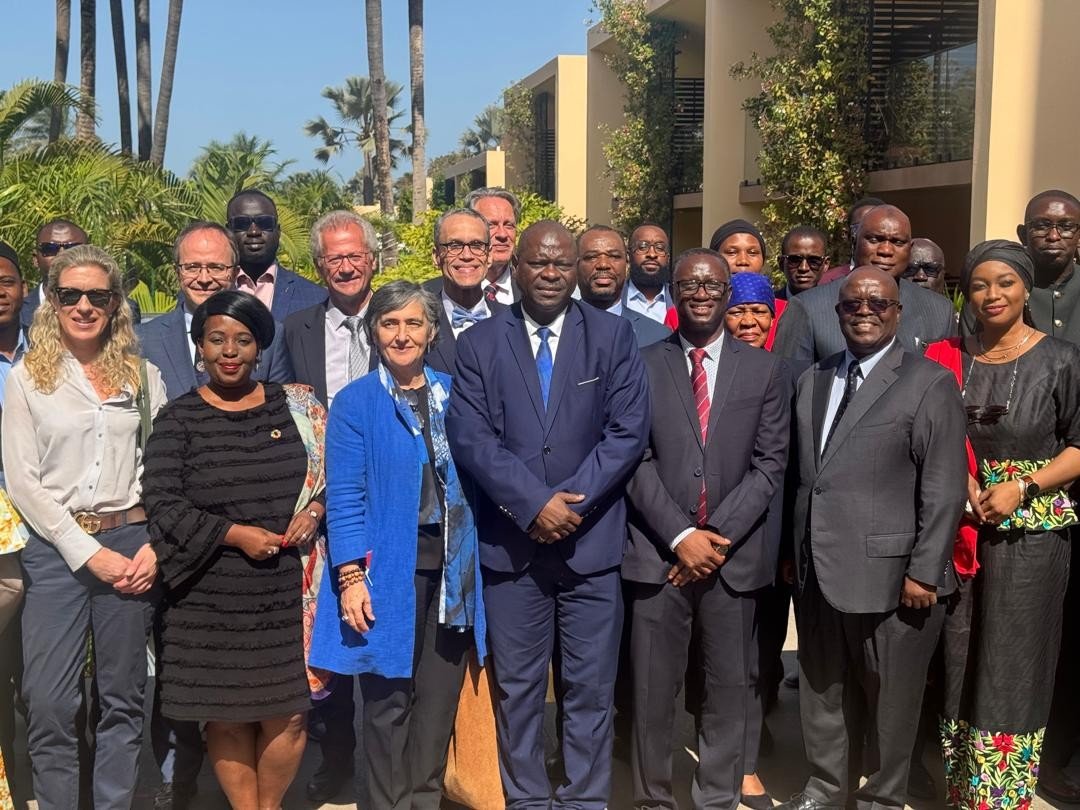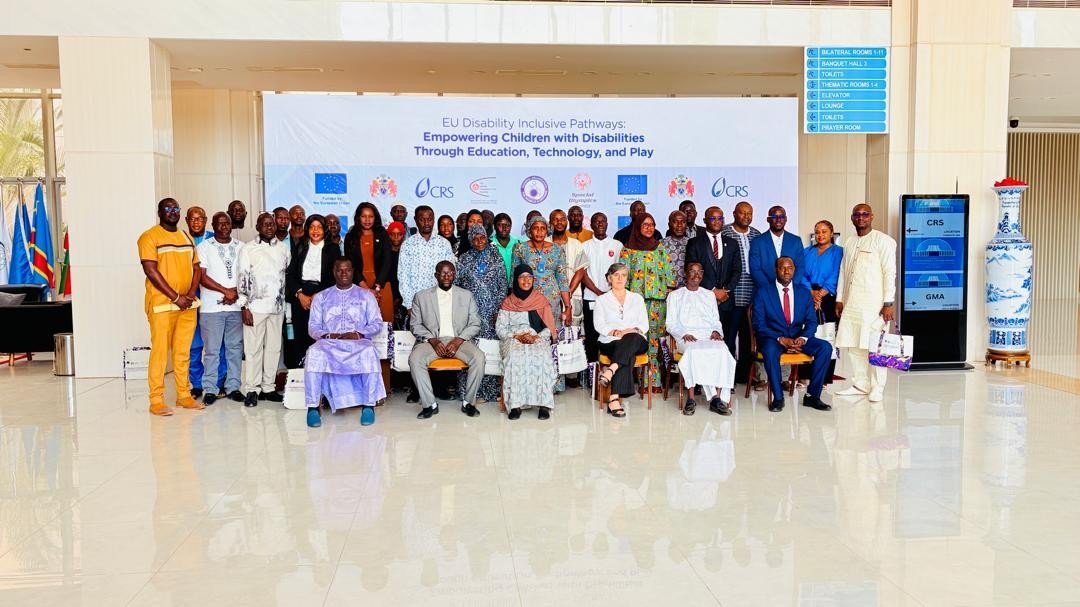Gambia Revenue Authority’s Commissioner General Yankuba Darboe has underscored the graveness of the illegal flow of finances across borders and shores of Africa to other nations around the world.
The national revenue generation kingpin hammered home the fact that illicit financial flows remain a grave threat, draining billions of money annually from Africa through tax evasion and related means. “To combat this, collaboration is key. Regional partnerships, data-sharing mechanisms, and harmonized policies will strengthen our ability to detect and deter profit shifting, smuggling, and tax evasion,” CG Darboe told a large gathering of tax administration stakeholders and experts organised by the West African Union of Tax Institute (WAUTI) on Wednesday (26 Feb 2025) in Accra, Ghana.
The GRA leader was bestowed with an award in recognition of his active participation and support to the tax administration fraternity in Africa and beyond. The 11th Annual International conference, organised by WAUTI in Ghana, delved into the theme, ‘Domestic Revenue Mobilization in the Wake of Dwindling Aid Flows and Increasing Debts: Strategies for Developing Economies’.
“The progress made under frameworks like the African Tax Administration Forum must be accelerated and our collective voice amplified in global tax governance discussions,” CG Darboe said in his remarks on the occasion.
He said further that technology will play a pivotal role, and from AI-driven audits to blockchain-enabled traceability, innovation can revolutionize compliance and reduce administrative burdens.
Mr Darboe cited Rwanda, saying the East African country’s strides in digitizing tax processes, for instance, demonstrate how technology can enhance efficiency and inclusivity. “Let us learn from such successes and adapt them to our unique contexts,” he advises, saying regional solidarity must guide actions of all. “By aligning tax incentives, closing loopholes, and jointly negotiating with multinational enterprises, Africa can present a united front. This will ensure that Africa reclaims its agency in a global system that often sidelines developing nations.”
CG Darboe applauded the efforts of the organizers in attracting to the meeting main stakeholders, policymakers and experts, to discuss very important subject matters such as domestic revenue mobilization in an era of dwindling aid and mounting debt.
“As developing economies, we face a dual challenge: declining external aid and unsustainable debt levels,” CG Darboe noted, saying: “These constraints demand that we rethink traditional approaches and prioritize self-reliance.”
Domestic revenue mobilization is no longer a choice, he further intimated: “It is an imperative for financing development, reducing inequality and securing the future of our nations.”
In today’s evolving economic landscape, he advises, developing economies must strengthen their revenue generation frameworks to ensure sustainable development and financial resilience.
The challenges posed by declining external assistance and increasing debt burdens require innovative, homegrown solutions to bolster domestic resource mobilization, he emphasizes, saying the conference provided a crucial platform for dialogue and collaboration.
In line with the selected sub-themes, which underscore the urgency of adapting national tax systems to contemporary realities, CG Darboe said: “The taxation of the digital economy presents both challenges and opportunities, requiring robust policies to ensure fair and effective revenue collection.”
He added that discussions on reshaping international tax standards under the UN framework are particularly timely, as Africa seeks to establish a more inclusive and equitable global tax system.
Concluding, he said: “As we look forward to solutions to enhance domestic revenue mobilization, the digital economy offers both opportunities and complexities.
“With cross-border transactions and remote work reshaping global commerce, our tax systems must evolve. By modernising policies, investing in technology, and building capacity, we can ensure that Africa takes its fair share of digital economy.”






